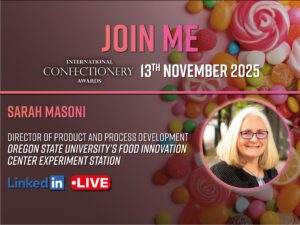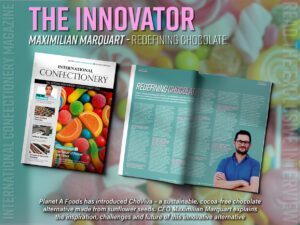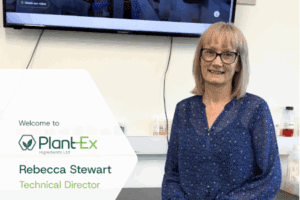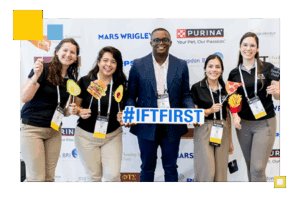Trading and processing company ECOM Latin America reported its collaboration with Carble, an easy-to-use platform for measuring, modelling and mitigating carbon emissions to help bridge the gap between carbon emissions and farmer livelihoods within ECOM’s Peruvian cocoa supply chains. ECOM Latin America refined its sustainability plans due to a massive shift in crops in the 1990s.
In that period, farmers uprooted the illicit coca due to the Government initiated ‘Program de Desarrollo Alternativo’ (the alternative development program), and switched to maize, cacao and coffee, leading to heavy land-use change in regions like San Martin.
One of ECOM Latin America’s customers, one of the largest cocoa brands in the world, needed to measure (historical) carbon emissions, land-use change and model future reductions within its Peruvian cocoa supply chains.
As a result, Camila Olmedo Mendez, Sustainability Manager at ECOM Latin America had the opportunity to work with Carble to uncover essential Scope-3 metrics. “When we looked at the land-use change data that Carble provided, it made sense that the emissions were very high because cocoa is a very new crop here,” Camila explained.
Carble’s CTO, Andrey Asfaganov, explained how the team approached the measurements for ECOM Latin America: “First, we ran the analysis on ECOM’s existing supply chain of 3.000+ polygons using industry accepted datasets such as Hansen Forest change and WRI Carbon Flux and Emissions. Due to specifics of Peru, we then added the Geobosques forest change dataset to make it more accurate for the region.” Andrey said that a good relationship with Mendez and her team was key, “We were flexible, quick, low-cost, and cared about the end goal for the climate and the farmers with opportunities for future co-development in this evolving space.”
Thanks to the technical expertise of Carble, ECOM Latin America is now equipped to present the critical data needed to help large brands achieve their climate and social goals. The collaboration with Carble enables ECOM Latin America and its customer to start closing the living income gap by modelling future reductions within the supply chains through farmer rewards (payments for ecosystem services).
“What I liked about Carble is that you could approach the Carble team and ask ‘Now, model how much we should pay for carbon storage, and how does this impact the farmer and the living income that the farmer receives,” explained Camila.
Stay up-to-date on the latest industry news and exclusives in our magazine.
Never miss a story… Follow us on:
![]() International Confectionery
International Confectionery
![]() @InConfectionery
@InConfectionery
![]() @InConfectionery
@InConfectionery
Media contact
Caitlin Gittins
Editor, International Confectionery
Tel: +44 (0) 1622 823 920
Email: [email protected]









